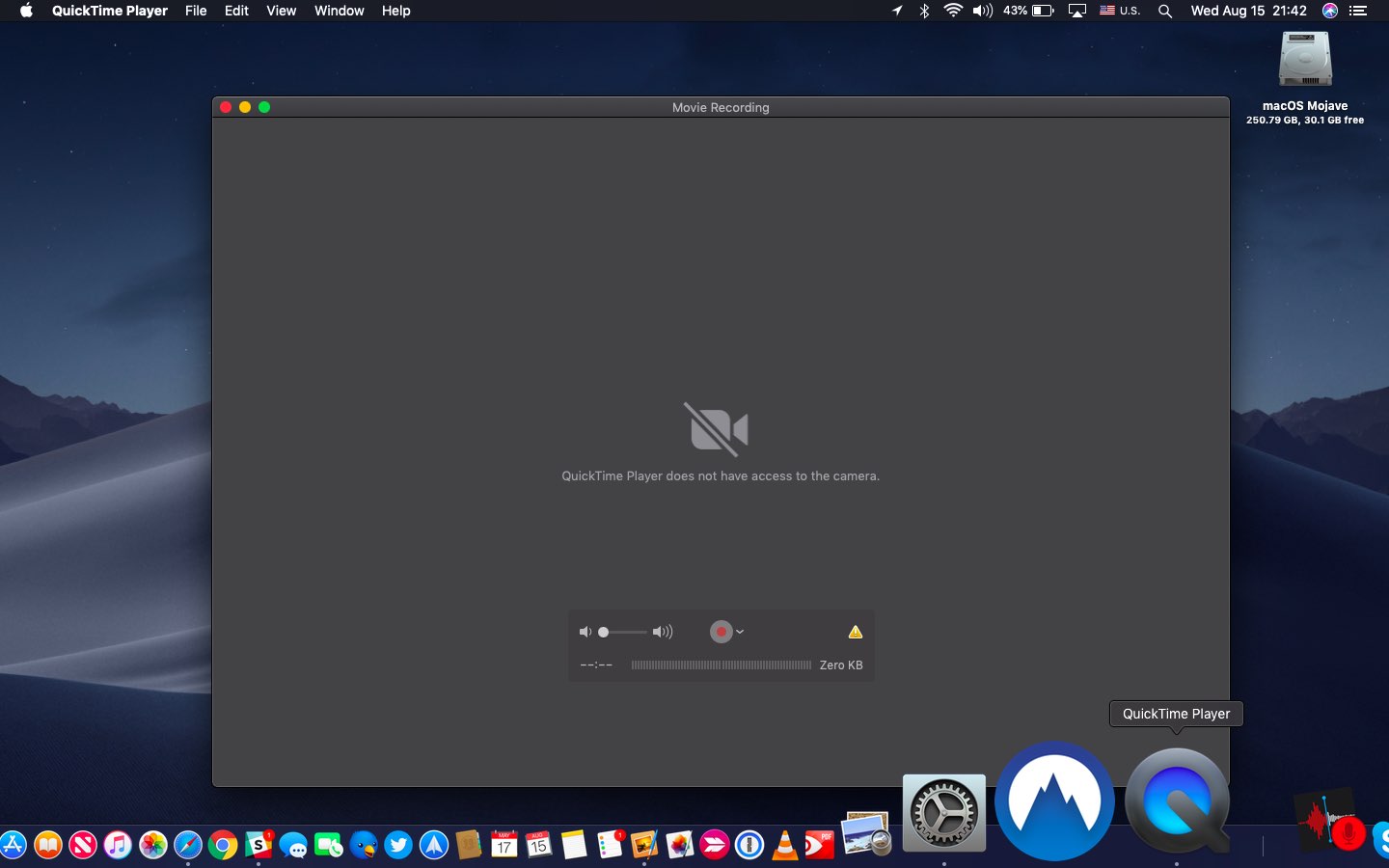

- Macos used runonly applescripts to avoid serial number#
- Macos used runonly applescripts to avoid install#
- Macos used runonly applescripts to avoid full#
- Macos used runonly applescripts to avoid software#
Combining a public AppleScript disassembler repo with our own AEVT decompiler tool allowed us to statically reverse run-only AppleScripts for the first time and reveal previously unknown details about the campaign and the malware’s architecture. macOS.OSAMiner has evolved to use a complex architecture, embedding one run-only AppleScript within another and retrieving further stages embedded in the source code of public-facing web pages. Macos used runonly applescripts to avoid full#
macOS.OSAMiner is a cryptominer campaign that has resisted full researcher analysis for at least five years due to its use of multiple run-only AppleScripts.
Macos used runonly applescripts to avoid install#
In July 2020, the security firm ESET reported a group of spoofed cryptocurrency trading apps was targeting devices running macOS to install malware called Gmera (see: Malicious Cryptocurrency Trading Apps Target MacOS Users). The malware used an updated backdoor and multistage payloads as well as anti-detection techniques to help bypass security tools (see: Fresh MacOS Backdoor Variant Linked to Vietnamese Hackers).

In December, researchers at Trend Micro uncovered a macOS backdoor variant linked to an advanced persistent threat group operating from Vietnam. Other security researchers have reported attacks targeting macOS devices to plant cryptominers or other types of malware.Įarlier this month, researchers at Intezer Labs uncovered a campaign using a remote access Trojan dubbed ElectroRAT that had been stealing cryptocurrency from digital wallets on Windows, Linux and macOS platforms (see: ElectroRAT Malware Targets Cryptocurrency Wallets). The researchers say that once the malware has compromised a macOS device, it will seek to kill several processes, including Activity Monitor, which prevents the user from inspecting resource usage.
Macos used runonly applescripts to avoid software#
A script that downloads and sets up XMR-STAK-RX, a free, open-source monero RandomX miner software package. An anti-analysis AppleScript to perform evasion tasks from certain consumer-level monitoring and cleanup tools. Macos used runonly applescripts to avoid serial number#
A parent script for gathering the device serial number and for killing all the running processes in the device. A script to ensure persistence for the parent script. Once those embedded scripts were decompiled, the researchers determined the malware uses four methods to execute the run-only AppleScript: The Sentinel Labs team found the malware authors had embedded additional characters to obfuscate its processes. To decompile the malicious malware scripts, Sentinel Labs researchers had to use a relatively lesser-known AppleScript-disassembler project and another custom tool developed by the security firm. OSAMiner uses run-only AppleScripts to make reverse-engineering of its code difficult, the researchers say. "Recent versions of macOS.OSAMiner add greater complexity by embedding one run-only AppleScript inside another, further complicating the already difficult process of analysis." Security Evasion "In late 2020, we discovered that the malware authors, presumably building on their earlier success in evading full analysis, had continued to develop and evolve their techniques," says Phil Stokes, a threat researcher at Sentinel Labs. OSAMiner's operators released the latest version of the cryptominer in 2020, but researchers only recently discovered the enhancements, according to the researchers' report. The malware now uses multiple versions of AppleScript - a scripting language used in macOS devices - to support obfuscation. OSAMiner, which has been active since 2015, has been distributed through hacked video games, such as League of Legends, as well as compromised versions of software packages, including Microsoft Office for macOS, Sentinel Labs says. The latest iteration uses new techniques to help prevent detection by security tools, the researchers report. See Also: Now OnDemand | C-Suite Round-up: Connecting the Dots Between OT and Identity Sentinel Labs researchers have identified an updated version of the cryptominer OSAMiner that targets the macOS operating system to mine for monero.






 0 kommentar(er)
0 kommentar(er)
